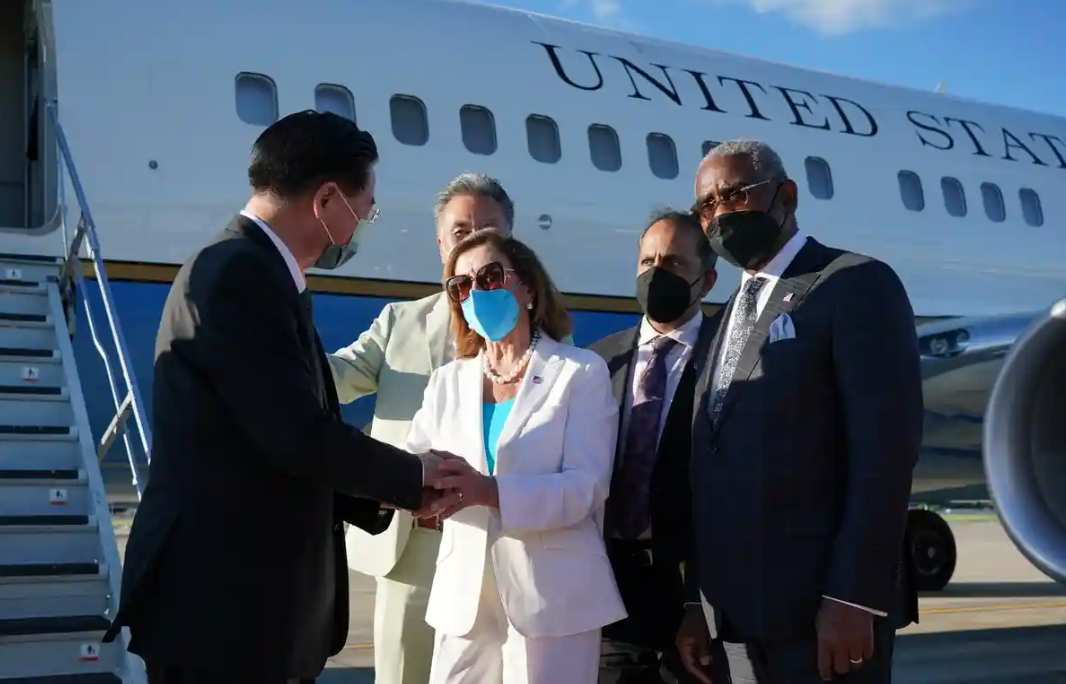
The Guardian
In 2004, a features editor asserted that "it is no secret we are a centre-left newspaper."
Relations between the US and China were poor even before the visit of the House of Representatives speaker to Taiwan. Now they have the potential to turn very nasty indeed – with significant consequences for the global economy.
At the moment, things look containable. Financial markets have responded relatively calmly to Nancy Pelosi’s visit and the military exercises that Beijing has ordered in response. The assumption is that China will put on a show of strength and leave it at that.
However, its president, Xi Jinping, also has economic and financial weapons at his disposal and may choose to use them. At the milder end of the spectrum, China could make it more difficult for US companies to access its market. It will be in no hurry, for example, to allow Boeing to resume sales of its 737 Max planes.
This would accelerate the decoupling of the world’s two biggest economies – a trend that began when Donald Trump was in the White House and has continued under Joe Biden. Hostility towards Beijing is one of the few things Republicans and Democrats agree on.
There is the risk, though, that China could go further and exploit Taiwan’s dependence on imported fuel by imposing a blockade on the island. As Mark Williams, the chief Asia analyst for Capital Economics, notes, this would soon cripple Taiwan’s industry and cause “huge global economic disruption”.
That is because the island manufactures roughly half the world’s semiconductors, used in everything from mobile phones to cars and already running short. Restricting the export of chips would lead to supply bottlenecks, higher inflation and weaker growth. Inevitably, there would also be pressure on the US not only to impose economic sanctions and asset freezes but to intervene militarily as well.
Financial markets are probably underestimating the risks posed by Taiwan. At the very least, business confidence is going to take a fresh hit. The chances of tit-for-tat trade restrictions have increased. There will be more pressure for national self-sufficiency to reduce dependency on global supply chains.
And that’s a relatively optimistic reading of events. There is clearly a risk – low but non-negligible – of this increasingly tense cold war turning hot.
There was a time when meetings of the oil cartel Opec were front-page news. When Sheikh Ahmed Yamani died last year, the obituaries made much of how, as Saudi Arabia’s petroleum minister, he was a pivotal figure in determining the global price of crude.











